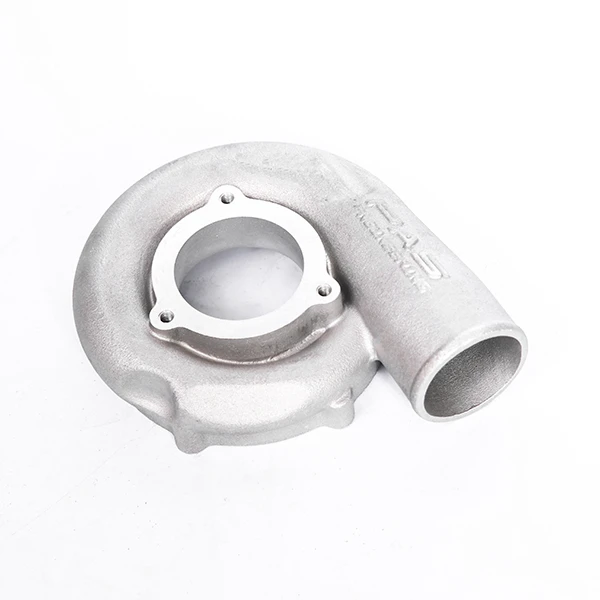Mobile:+86-311-808-126-83
Email:info@ydcastings.com
impeller in turbine
The Role of Impellers in Turbines An Essential Component for Efficient Energy Conversion
In the world of energy production, turbines play a pivotal role in converting mechanical energy into electrical energy, which is fundamental for powering our modern lives. At the heart of many turbine systems is the impeller, a vital component that directly influences the efficiency and performance of the turbine. This article explores the significance of impellers in turbine design and operation, highlighting their functions, types, and the impact they have on energy conversion processes.
The Role of Impellers in Turbines An Essential Component for Efficient Energy Conversion
There are various types of impellers used in different turbine applications, each tailored to optimize performance under specific operating conditions. For example, radial flow impellers are commonly used in hydraulic turbines, where water flows perpendicular to the axis of rotation. On the other hand, axial flow impellers allow fluid to move parallel to the shaft, making them suitable for wind turbines or some types of jet engines. Understanding the specific requirements of the application is key to selecting the right impeller design.
impeller in turbine

One of the critical factors influencing the performance of an impeller is its geometry. The shape, size, and arrangement of the blades can significantly affect how efficiently the impeller moves fluid and, consequently, how effectively energy is converted. Advanced computational fluid dynamics (CFD) simulations are often employed in the design process, allowing engineers to optimize impeller designs for improved flow characteristics and reduced losses.
The material selection for impellers is also paramount. Since they often operate under extreme conditions with high pressures and temperatures, impellers must be made from durable materials that can withstand these stresses. Common materials include stainless steel, titanium, and various composites, which offer a balance between strength, weight, and resistance to corrosion.
The efficiency of the impeller directly impacts the overall efficiency of the turbine system. Enhanced impeller designs can lead to increased power output and lower operational costs, making them a focal point in the quest for sustainable energy solutions. As technologies advance, new innovations in impeller design continue to emerge, promising even greater efficiencies and performance improvements.
In conclusion, impellers are indispensable components in turbine technology, serving as the mechanism for energy transfer from fluid to mechanical work. Their design and material properties are critical for optimizing turbine efficiency, influencing the performance of energy conversion processes. With ongoing advancements in engineering and materials science, impellers will continue to evolve, playing a key role in the future of sustainable energy generation. As the demand for cleaner and more efficient energy solutions grows, the significance of impellers in turbines will remain a cornerstone of innovation in this vital industry.
-
Understanding Metal Casting TechniquesNewsApr.02,2025
-
Understanding Exhaust Manifolds for Enhanced Engine PerformanceNewsApr.02,2025
-
The World of Metal FabricationNewsApr.02,2025
-
Key Components for Pump and Turbo EfficiencyNewsApr.02,2025
-
Essential Tools for Automotive Maintenance and RepairNewsApr.02,2025
-
Durable Valve Components for Effective Water ManagementNewsApr.02,2025











